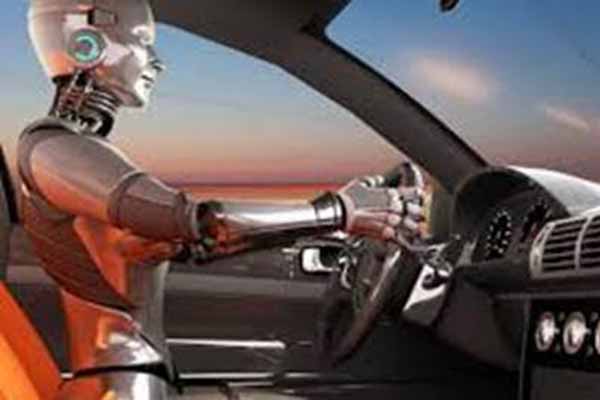According to the recent published report at Fact.MR, the global in-vehicle AI robot market is estimated at US$ 38.8 million in 2022. The market is predicted to reach a valuation of US$ 190.7 million by 2032, expanding at a stupendous CAGR of 17.3% over the decade.
In past years, only 5%-10% vehicles has AI installed in their systems; however, technological advancements has flipped the market scenario, as a result of which, today, almost all vehicles come with AI installed. As the global population is moving towards being more technology savvy, demand for autonomous commercial and private vehicles is increasing rapidly. This increase has put forward a challenge for manufacturers to provide technologically-advanced vehicles that offer comfort and safety to their customers.
Get To Know More: https://www.factmr.com/report/in-vehicle-ai-robot-market
Fact.MR recommends that, compact, mid-sized, and SUV passenger type cars will have a momentous market over the coming years. These vehicle category segments will offer an open market for rookies with a huge customer demand and appreciation. Also, well established market players in the industry may have to switch their interests from the older approach to new technological advancements to retain their market position.
However, manufacturers will have to face the challenge of structural and technological approvals from different safety and automobile authorities across regions where they wish to launch their products.
Key Takeaways from Market Study
- The global in-vehicle AI robot market is projected to expand at an impressive CAGR of 17.3% and reach a valuation of US$ 190.7 million by 2032.
- The in-vehicle AI robot industry exhibited 21.3% CAGR between 2021 and 2022.
- Under vehicle type, premium & luxury passenger cars dominate the market with a valuation of US$ 15.1 million in 2022.
- Europe led the worldwide market with around 25% share in 2021.
- Sales of in-vehicle AI robots are predicted to increase at CAGRs of 16.8% and 18.3%, respectively, in Europe and East Asia.
“Interactive in-vehicle AI robot installation in autonomous vehicles will increase the demand for AI-controlled vehicles,” says a Fact.MR analyst.
Market Development
New technology related products are being launched by manufacturers keeping in mind the demand from clients. The nature of market is consolidated at present but it may get diversified as new manufacturers come in and assure the trust of safety and security of buyers. Lead manufacturers such as Tesla, Porsche, Motional, Refraction AI, Optimus Ride, Waymo, AutoX, Bosch, Morris Garage, Nauto, and Predii are in a clash of outdistancing each other in the market.
Currently, manufacturers offer drivers assistance systems in vehicles that have features such as drowsiness alert, auto parking, automatic breaking, lane departure warning, etc., to prevent the risk of accidents caused due to driving errors.
Furthermore, manufacturers are collaborating with IT firms to ensure the quality of the data that they need to provide in AI systems. Market players are also enthusiastically launching new technologies to retain their current market share.
Competitive Landscape
Prominent in-vehicle AI robot manufacturers are Tesla, Porsche, Motional, Refraction AI, Optimus Ride, Waymo, AutoX, Bosch, Morris Garage, Nauto, and Predii.
Key market players are resorting to organic as well as inorganic growth strategies such as product innovation and new product launches to keep their hold on the market in the long term.
- In August 2022, Motional, a driverless autonomous company, announced the launch of its first-ever electric IONIQ-5-based robotaxi partnering with Lyft.
- In January 2022, Optimus Ride, a self-driving vehicle company, was acquired by Magna International, a mobility tech and automotive company.


















